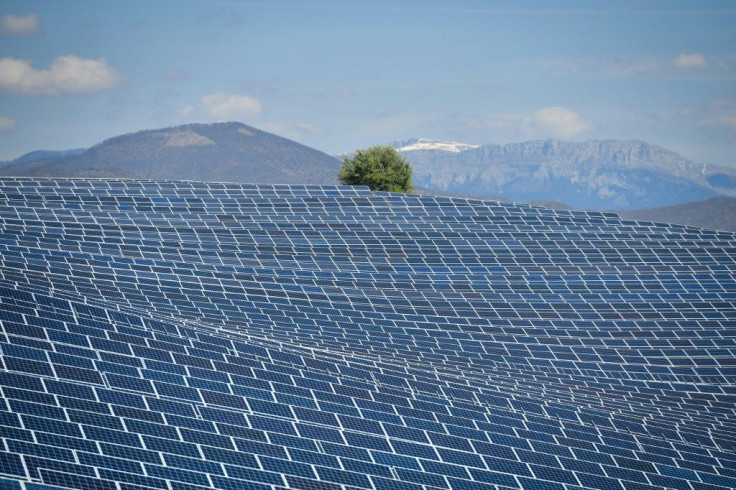EU Energy Crisis Is Going To Get Worse Before It Gets Better, And That Might Be A Good Thing

The European Union's energy crisis is expected to continue into 2023 as gas supplies have been cut by more than 80%, prompting the 27-nation bloc's energy ministers to agree on Dec. 19 to a gas price cap.
Starting Feb. 15, a cap will be triggered if gas prices exceed 180 euros ($190) per megawatt hour for three days. Reuters reported that when the cap is triggered, "trades would not be permitted on the front-month, three-month and front-year TTF contracts at a price more than 35 euros($37.24)/MWh above the reference LNG price."
The move, which is meant to ease financial pressure on energy consumers, comes as Europe has faced $1 trillion in energy costs in the months following Russia's invasion of Ukraine. The EU imported about 30% of its gas supply from Russia in 2021.
Russia called the cap an attack on market pricing. "This is a violation of the market price-setting, an infringement on market processes, any reference to a cap is unacceptable," Kremlin spokesman Dmitry Peskov said, according to Moscow-based Interfax news agency.
But growing prices and high inflation might pose a net positive for countries looking to diversify their energy intake.
The European Investment Bank 2022-23 Climate Survey found that most Europeans believe inflation and the war in Ukraine should be used to motivate the move to clean energy. The survey also found 84% of Europeans believe if energy and resource consumption is not drastically reduced in the coming years, the world will be headed for a climate catastrophe.
While the 2021-22 survey did not focus on energy consumption, it was determined that most Europeans believe policies directed toward tackling climate change will lead to economic growth and job creation.
Germany began buying natural gas from France for the first time in October, marking a significant turning point in the energy crisis but potentially set a dangerous precedent. In an attempt to diversify its energy sources, Germany increased coal production, which drew backlash from climate change experts.
A December report from the International Energy Agency found if the situation with Russia continues, Europe could face a natural gas shortage of 27 billion cubic meters (bcm) next year, or 7% of the continent's yearly consumption.
"Europe needs to step up its efforts in several fields, from international outreach to joint purchasing of gas and scaling up and speeding up renewables, and reducing demand," said European Commission President Ursula von der Leyen at a joint press conference with IEA Executive Director Fatih Birol on Dec. 12.
The report found that closing the energy deficit and making it through 2023 means EU nations need to speed up their deployment of renewable energy and focus on energy efficacy.
Energy experts have criticized the EU for its slow transition to renewables, as wind and solar power could have dampened the financial impact of the gas cuts. By increasing the use of renewable energy the EU could save 7.5 bcm in 2023.
© Copyright IBTimes 2024. All rights reserved.





















